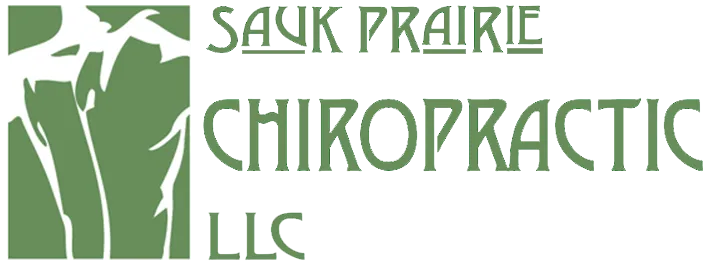
- posted: Mar. 08, 2018
It’s hard to believe, but I’m approaching 30 years in active practice. Why this question crept into my mind in the recent hours, I’m not certain. The question that settled on my brain was . . . why does it seem like health care has changed since I started in practice?
Of course it has changed. There are new therapies, new drugs, and new surgical procedures. In day-to-day practice we have not just these new procedures, but we use computers to document and record your visit and codes, oh my God, the codes. There is a code for everything (except the things that really matter). There’s a code for contact with a parrot, being bitten by a parrot, having other contact with a parrot, being struck by a parrot. These codes are also present for chickens, turkeys, macaws, ducks, geese, psittacines (I don’t know what this is either) and, of course, the ever present “other birds.”
It seems that we are getting so caught up in the technology of treating that we forget about the recipient of this treatment . . . namely the patient. It seems that the bulk of doctors are so pushed to “produce” that they have lost sight of the objective.
After these 30 years in practice in the same small town I have contacted thousands of lives. I’ve gotten to know most of them and, I would hope, have developed a level of trust with them. I think what has changed is that healthcare is being overwhelmed by technology. Healing the patient has been replaced by treating their condition. Caring for the patient has migrated to the insurance concept of managing the patient. The art of sitting down and listening to the patient has been taken over by technology.
What to do about this?
A long time ago I realized that there were two spheres. One is the sphere of my concerns. The second is my sphere of influence. The second is just a small portion of the first. I can worry about a great number of things, but there are only a few I can do something about. These changes in health care do have several components that are within my sphere of influence.
- First, take time with the patient. They deserve my full and undivided attention. They have concerns for which they are seeking assistance. If I listen and ask the right questions at the right time I can learn so much about the ailment and the patient alike. Take time to listen.
- Second, present time consciousness. When I walk into the room to spend time with a patient, my personal issues and concerns stay in the hall.
- Third, ignore the computer. Yes, I have a computer in each room for taking notes. Ignore the darn things. They interfere with my ability to pay attention to the patient and care for them fully.
- Finally, remember that technology does have its place. This technology, however, is for the betterment of the patient, not for the financial gain of the physician or clinic. All too often I tend to see my professional peers delivering (and billing) a multitude of services that are of questionable or of no benefit to the patient. Always do what is in the best interest of the patient.
I apologize for this rant, but the issue just seemed to pop into my mind. I think that patients knowing this personal philosophy should reinforce that my primary concern is always to do the right thing. Diagnose the issue correctly, determine the most effective and timely course of care, and then deliver that care in the most timely way. Also, define the goals and expectations. The patient is not dumb. If you advise them of the goals then they are always much more cooperative in terms of follow-up visits for care AND to perform the recommended self care so they reach their goals more quickly.
Location
590 4th St
Prairie Du Sac, WI 53578, USA
HOURS OF OPERATION
8:30 AM - 6:00 PM
8:30 AM - 5:00 PM
8:30 AM - 6:00 pm
8:30 AM - 12:00 PM
8:00 AM - 5:00 PM
Closed
Closed
